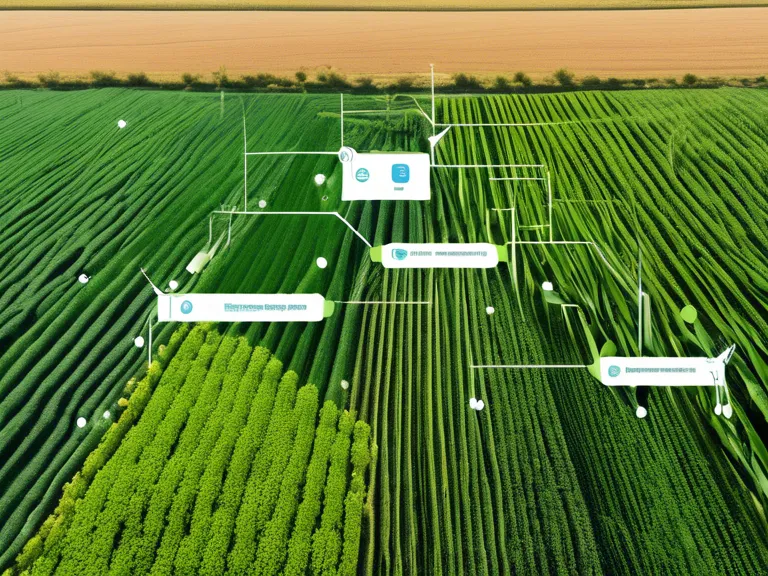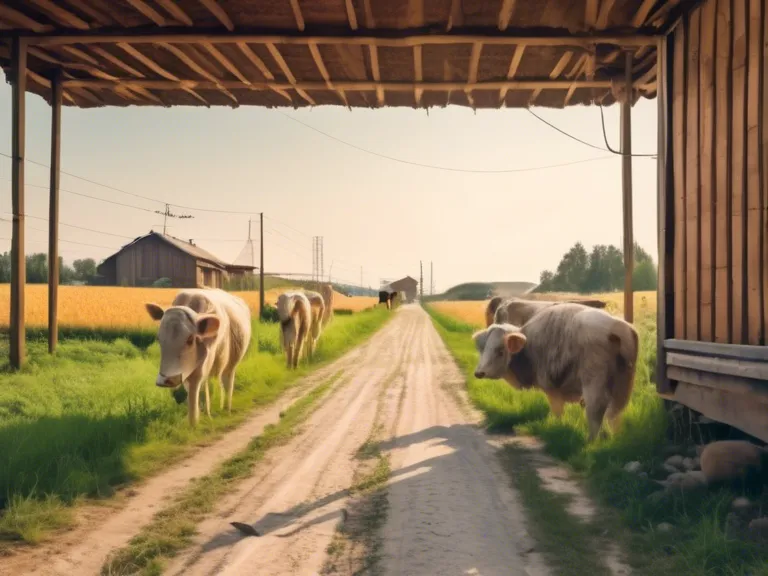
Smart Farming with AI: Revolutionizing Rural Crop Management
In recent years, the integration of artificial intelligence (AI) technology in agriculture has led to significant advances in crop management. Smart farming with AI is revolutionizing the way farmers monitor and manage their crops, increasing efficiency, yields, and sustainability in rural areas.
AI technology enables farmers to collect and analyze vast amounts of data, such as soil conditions, weather patterns, pest threats, and crop growth rates. Machine learning algorithms can then process this data to provide real-time insights and recommendations for optimal crop management strategies.
One of the key applications of AI in agriculture is precision farming, where sensors and drones are used to gather data on individual plants or sections of a field. This data is then analyzed by AI algorithms to customize irrigation, fertilization, and pest control for each specific area, maximizing resource efficiency and crop yield.
Another area where AI is making a significant impact is in pest detection and control. AI-powered systems can analyze images of crops to identify signs of disease or pest infestations early on, allowing farmers to take proactive measures to protect their crops and minimize losses.
Furthermore, AI-driven predictive analytics can help farmers anticipate market trends, optimize harvesting schedules, and manage supply chain logistics more efficiently. This can result in decreased waste, improved profitability, and better overall business outcomes for farmers.
In conclusion, smart farming with AI is transforming the agricultural industry by providing farmers with powerful tools to monitor and manage their crops with precision and efficiency. By harnessing the power of AI technology, rural crop management is being revolutionized, paving the way for a more sustainable and productive future for agriculture.



